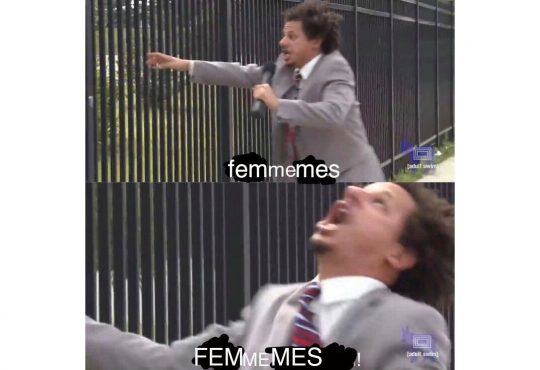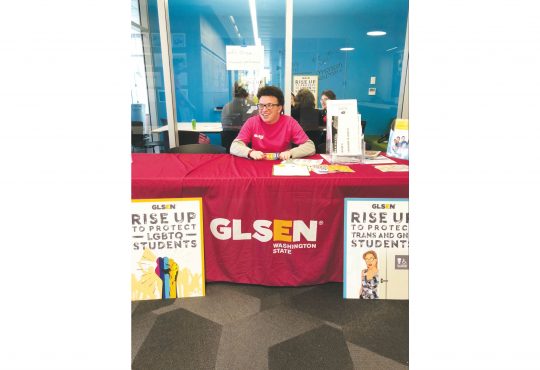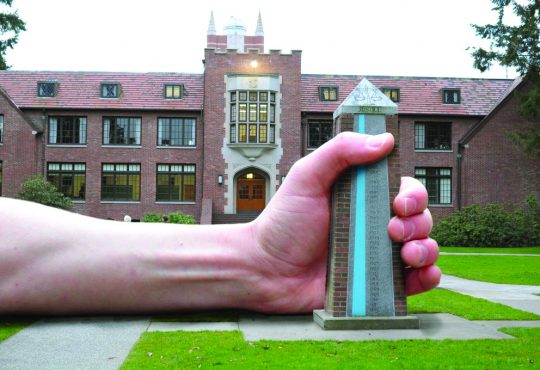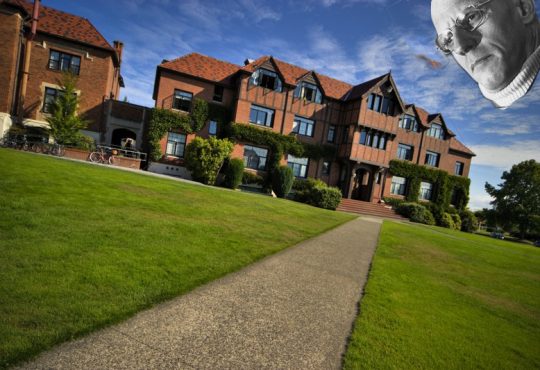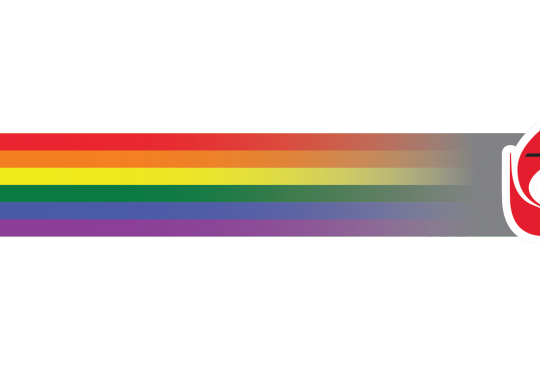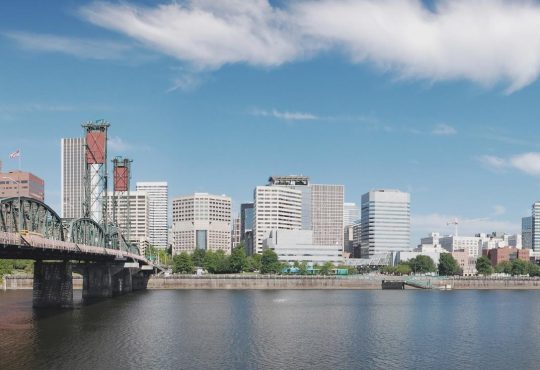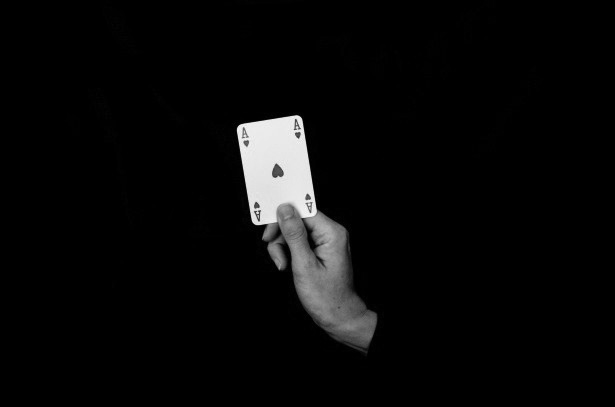
From my experience as a gay woman at Puget Sound, I’ve found the campus to be above average in terms of its awareness and acceptance of LGBTQ folks. However, I’ve noticed that one group of people who some consider to be part of the LGBTQ community, asexuals, are not given much airtime at LGBTQ events or discussions. I haven’t heard asexual (or “ace”) students’ voices and I decided to investigate why conversations haven’t even reached other people in the LGBTQ community like myself.
Of the three Puget Sound students I spoke to about their asexuality, all had slightly different definitions of what asexuality is — but they all referenced their asexuality on a spectrum that spans from being less interested in sex to being sex repulsed. In general, asexuality is defined as someone who doesn’t have sexual attraction towards others.
Puget Sound sophomore Aimee Rowe identifies as asexual and sees sexualities as well as genders on a scale. “In terms of sexuality, I see myself completely ace: not gray ace or anything in between like that. I’m at the very end part of the scale,” Rowe said.
Sophomore Nani Woodard figured out they were asexual around the age of 15 after a lot of internet research and finding an asexual community online. “There is generally a lot of negativity about being ace,” Woodard said. They identify as ace as well as panromantic and nonbinary. This means that they are cool with a romantic relationship with anybody, the person and not their parts.
One assumption that Woodard has noticed people make about asexual people is that they are simply immature. “People think that you’re going through puberty and that you’ll figure it out eventually.
“Asexuals are a very small but loud percentage of the queer community. I think we get policed out of the LGBTQIA community a lot. But we do belong, … if you aren’t cisgender or heterosexual, you belong in this community,” Woodard said.
Rowe said that she doesn’t fully consider asexuality as queer, since “it’s just a sexual attraction towards nothing” but it should still be considered a part of the LGBTQ+ community if they so desire.
Romantically, however, Rowe says that she is straight. “I still hesitate to say straight sometimes because to me romantic and sexual attraction is on a spectrum. I haven’t experienced any gatekeeping in the queer community because I think others around me are also on the fence about aceness being fully queer. And if someone told me from my sexuality alone that I wasn’t queer, I’d be fine with it honestly.”
Andy Rorabaugh is a junior who also identifies as asexual. He has also found that some people, especially those who are not straight, tend to exclude ace identities from the LGBTQ community.
“I feel weird bringing up my asexuality with my friends here at Puget Sound. I don’t want people to think I’m conflating it with something else. For example, my bisexual identity is intertwined with my asexual identity, but I don’t think that they are the same thing, and it’s not the same kind of queerness at all,” Rorabaugh said.
Woodard has some friends at Puget Sound who also identify as asexual, and hasn’t found anyone to be openly biased about asexuality in person, but has come across plenty of people who are ignorant of the meaning of asexuality.
“People have the hardest time understanding that we can be romantically attracted to people but not sexually attracted to them, because in our culture those two things are so intertwined,” Woodard said.
Woodard sees themself in the middle of the asexual scale, because they said that “being asexual doesn’t necessarily mean that I never want to have sex, I just experience sexual attraction in a different way, but do have the potential to incorporate it in some way into a future relationship with a lot of communication.”
Rorabaugh agrees that ace folks oftentimes need extra communication in dating contexts.
“I get scared to tell people that I’m interested in dating, which has caused me to stay away from dating. I do think it’s important to tell them soon so that they can decide if they’re open to a relationship like that. I just don’t want to put others or myself into a position where we’re both unhappy,” Rorabaugh said.
However, Rorabaugh, Woodard and Rowe all said that it is absolutely possible to have an active dating life and romantic relationship as an asexual person. It simply requires being on the same page with each other, just like any relationship.

